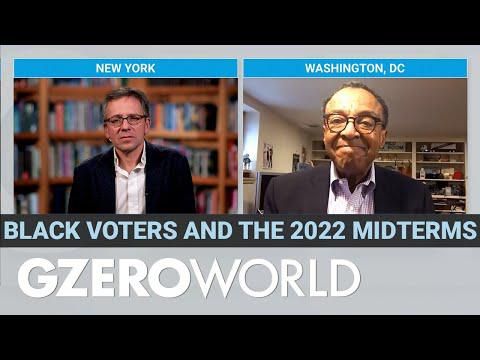GZERO World Clips
Clarence Page: Why Black voting rights matter

Clarence Page: Why Black Voting Rights Matter | GZERO World

When the 1965 Voting Rights Act was passed, Pulitzer Prize-winning columnist Clarence Page had just finished high school.
This legislation changed the lives of Black people in America because Jim Crow laws had virtually prevented Blacks from voting in the South with impossible poll questions and literacy tests, he said in an interview with Ian Bremmer on GZERO World.
But the Supreme Court gutted the law in 2013, allowing states to pass new voting legislation that progressives say restricts Black access to the ballot box.
The 2022 midterm elections will be the first major test of these laws — which Democrats in Congress are unlikely to be able to stop. How will this all affect Black turnout in November?
Page explains that if Trump loyalists win in key states, their legislatures — not voters — may end up deciding the next US presidential race.
What may happen in 2024 reminds him of 1876, when the end of Reconstruction after the Civil War, along with a disputed presidential election, ushered in the Jim Crow laws that ended ability to vote in Alabama.
Page asks, “Are we going to get rid of these last vestiges of discrimination from the Jim Crow era?"
Geoffrey Hinton, the ‘Godfather of AI,’ joins Ian Bremmer on the GZERO World podcast to talk about how the technology he helped build could transform our lives… and also threaten our very survival.
Think you know what's going on around the world? Here's your chance to prove it.
Nigel Farage, the far-right UK leader, reportedly told donors that he plans to join forces with the center-right Conservative Party ahead of the next election. Right-wing groups in other parts of Western Europe have largely avoided making such an alliance.